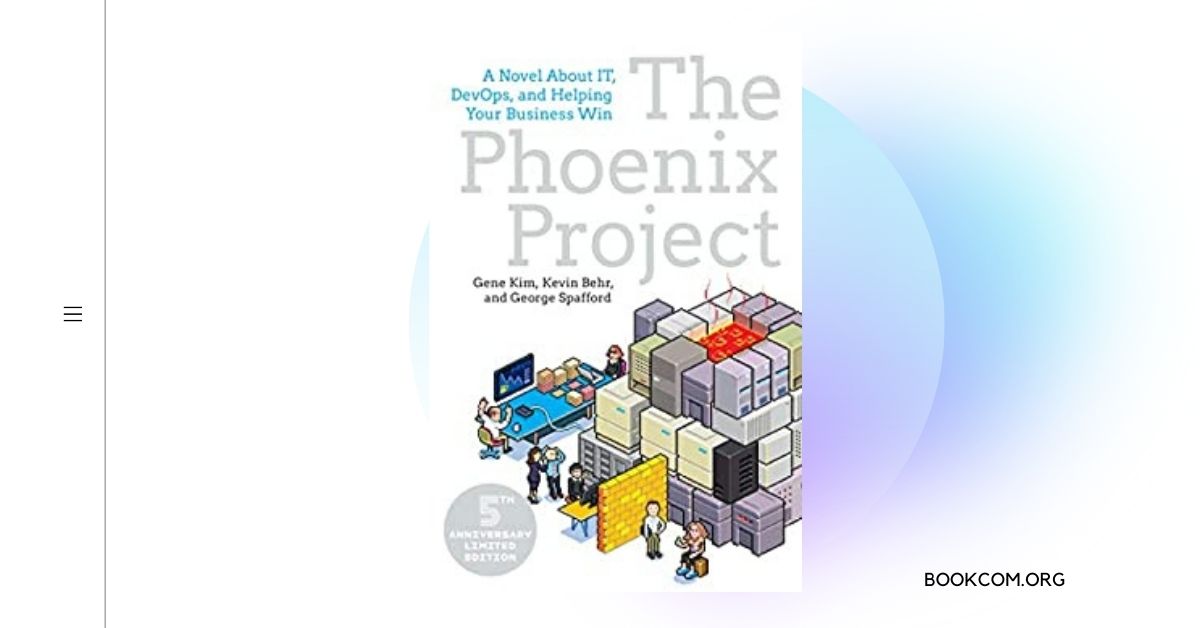“The Phoenix Project” is a compelling and thought-provoking novel that takes readers on a journey of organizational transformation and IT management. Written by Gene Kim, Kevin Behr, and George Spafford, this book presents a fictional story set within a struggling company’s IT department and offers valuable insights into DevOps principles and practices. Through relatable characters and real-world scenarios, “The Phoenix Project” highlights the challenges of delivering high-quality software projects and provides practical strategies for improving efficiency, collaboration, and business outcomes. In this summary, we will explore the key themes, notable concepts, and actionable takeaways from “The Phoenix Project.”
Key Themes
IT Operations and Efficiency: The book explores the challenges faced by IT operations teams in delivering projects on time, managing technical debt, and resolving bottlenecks. It emphasizes the importance of streamlining processes, reducing waste, and fostering a culture of continuous improvement.
Collaboration and Communication: “The Phoenix Project” highlights the significance of collaboration and effective communication between different departments and stakeholders. It emphasizes the need for breaking down silos, fostering cross-functional teams, and aligning IT goals with business objectives.
DevOps Principles and Practices: The book introduces the principles of DevOps, which aim to bridge the gap between development and operations teams. It explores concepts such as continuous integration, continuous delivery, automation, and feedback loops, demonstrating how these practices can drive efficiency, reliability, and innovation.
Transformation and Leadership: “The Phoenix Project” delves into the process of organizational transformation and the role of leadership in driving change. It explores the importance of vision, empowerment, and creating a supportive environment to facilitate successful transformations.
Notable Concepts
The Three Ways: “The Phoenix Project” introduces the Three Ways, which are principles for achieving high-performing IT organizations. These principles include understanding the flow of work, amplifying feedback loops, and fostering a culture of continual experimentation and learning.
The Four Types of Work: The book categorizes work into four types: business projects, internal IT projects, changes, and unplanned work. It emphasizes the need to balance these work types effectively, prioritize strategically, and avoid resource constraints.
The Theory of Constraints: “The Phoenix Project” applies the Theory of Constraints to IT operations, focusing on identifying and resolving bottlenecks that impede workflow and productivity. It encourages readers to address constraints systematically and optimize the flow of work.
Actionable Takeaways
Embrace DevOps Principles: Adopt DevOps practices and principles such as automation, continuous integration, and continuous delivery to improve efficiency, collaboration, and software quality. Foster a culture of learning, experimentation, and shared responsibility.
Break Down Silos: Encourage cross-functional collaboration and open communication between different departments and teams. Foster a shared understanding of business objectives and align IT goals accordingly.
Prioritize and Optimize Workflow: Identify and address bottlenecks in the workflow by applying the Theory of Constraints. Continuously assess and improve processes to ensure smooth and efficient delivery of projects.
Also read:
Book Review: “The Phoenix Project” by Gene Kim, Kevin Behr, and George Spafford
For more information about the book, you can visit:



